No, cats don't recognize themselves in mirrors. They likely see their reflection as another cat, triggering defensive or curious behaviors. Cats rely on their senses, especially smell, for identification, not visual self-awareness.
If you've ever caught your cat staring at her reflection in the mirror, you might have wondered: does she know it’s herself? Do cats understand mirrors? While many pet owners have seen their felines engage in amusing or puzzling mirror behaviors, the answer to whether cats recognize themselves in a mirror is a bit more complicated than you might think.
The Science of Self-Recognition in Cats
For decades, scientists have explored the concept of self-recognition in animals, including cats. The general consensus among researchers is that cats, like most animals, do not recognize their own reflection. This lack of self-awareness isn't unique to felines; it extends to many species, even some humans at early developmental stages.
As animal psychologist Diana Reiss explains, recognizing oneself in a mirror requires sophisticated cognitive integration of personal movement and visual input. This ability is more complex than many animals possess. Just as human babies take over a year to understand their own reflection, cats too struggle with mirror self-recognition.
Cat Behavior in Front of Mirrors: What’s Going On?
So, when your cat stares at the mirror, what is she actually seeing? Rather than recognizing her reflection as herself, she is more likely viewing it as another cat. This can lead to various behaviors, depending on the cat’s temperament and the situation.
-
Curiosity: Some cats will simply investigate their reflection, pawing at the mirror or pacing back and forth. They might think it's another cat and wonder what it’s doing.
-
Defensiveness: Other cats may perceive the reflection as a rival and respond defensively. You might see your cat puff up her tail, arch her back, or hiss at the "other" cat in the mirror. These behaviors are likely reactions to what she perceives as a threat.
-
Indifference: Some cats, after initial curiosity, may just ignore the mirror entirely, showing that they aren’t too bothered by their reflection.
The Mirror Test: What Science Says About Cat Self-Awareness
One well-known test to determine self-recognition in animals is the mirror self-recognition (MSR) test. This involves placing an animal in front of a mirror to see if it recognizes its reflection as itself. If the animal touches a mark on its body while looking in the mirror, it is considered evidence of self-recognition.
Despite this, most animals—including cats—fail the MSR test. While animals like dolphins, great apes, and elephants have passed, cats don’t seem to have the cognitive ability to associate their reflection with their own identity.
Cats and Their Senses: Why Mirrors Don’t Matter Much
Unlike humans and some other animals, cats primarily use their sense of smell to identify themselves and their environment. They rely on scent more than sight to distinguish between familiar and unfamiliar beings. This means that when your cat interacts with her reflection, she’s not recognizing her own image based on visual cues but is instead trying to make sense of a new, unfamiliar presence. Since she doesn’t identify herself by her appearance, the mirror doesn’t hold much significance.
What to Do If Your Cat Is Stressed by Her Reflection
If you notice that your cat seems stressed or agitated by her reflection, it’s best to remove the mirror. Some cats might get more anxious or territorial, so diverting their attention with toys or other forms of stimulation can help calm them down. If your cat is simply curious, allow her to explore the mirror at her own pace.
Conclusion: Do Cats Understand Mirrors?
In conclusion, cats do not recognize themselves in mirrors. While they may show curiosity or defensive behavior, their interactions with their reflection are more about their instincts and perceptions of a potential intruder. Understanding that cats rely heavily on their other senses, particularly smell, for recognition can help pet owners interpret their feline's behavior in front of mirrors.
FAQs:
-
Why does my cat react aggressively to her reflection? Your cat likely perceives the reflection as another cat and may become defensive or territorial.
-
Can cats ever recognize themselves in the mirror? No, cats don’t have the cognitive ability to recognize themselves in a mirror, unlike some other animals.
-
What should I do if my cat seems stressed by the mirror? Remove the mirror or provide distractions like toys to help reduce any stress or anxiety.
-
Do cats use their vision to identify people? No, cats rely more on their sense of smell and hearing to recognise their owners and other animals.

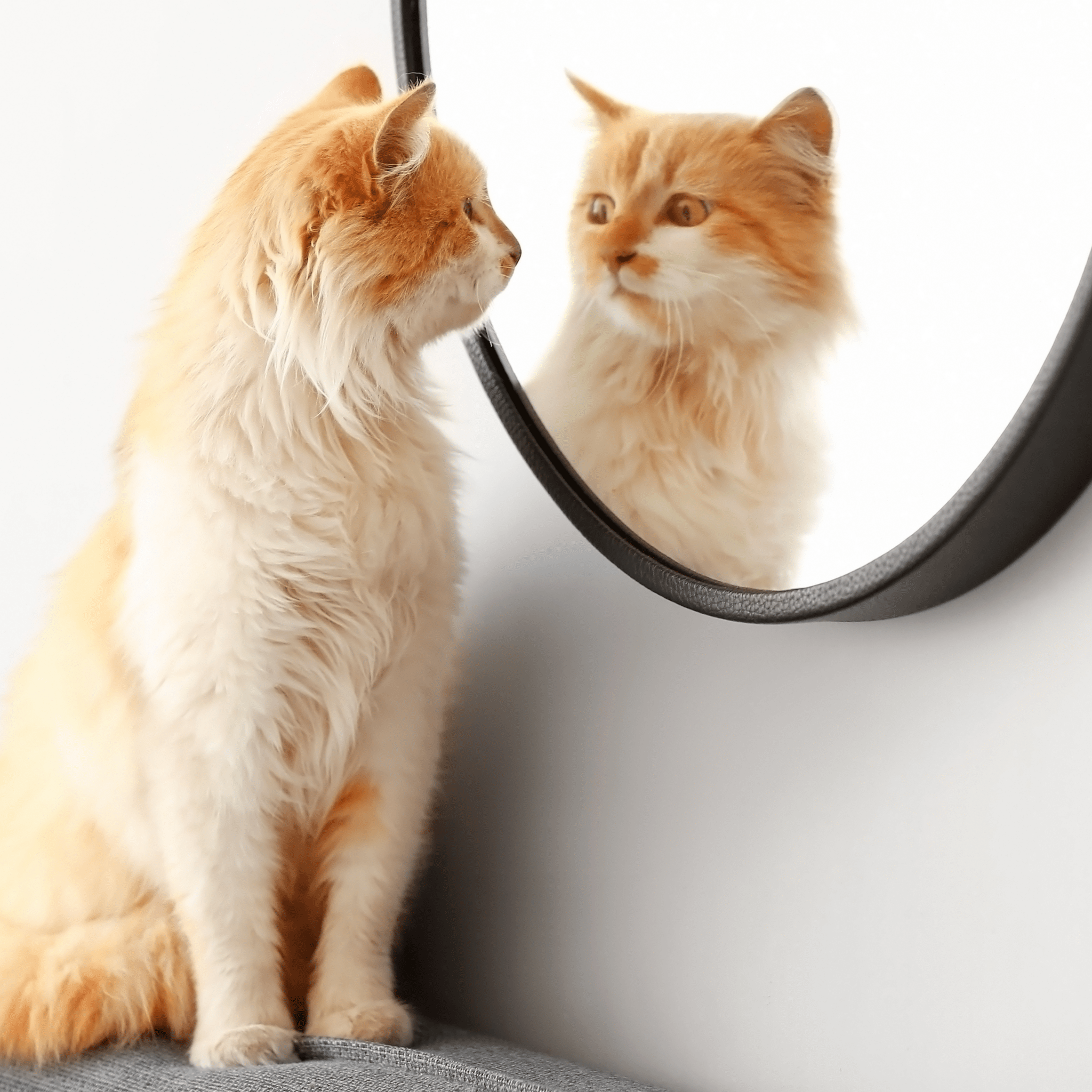
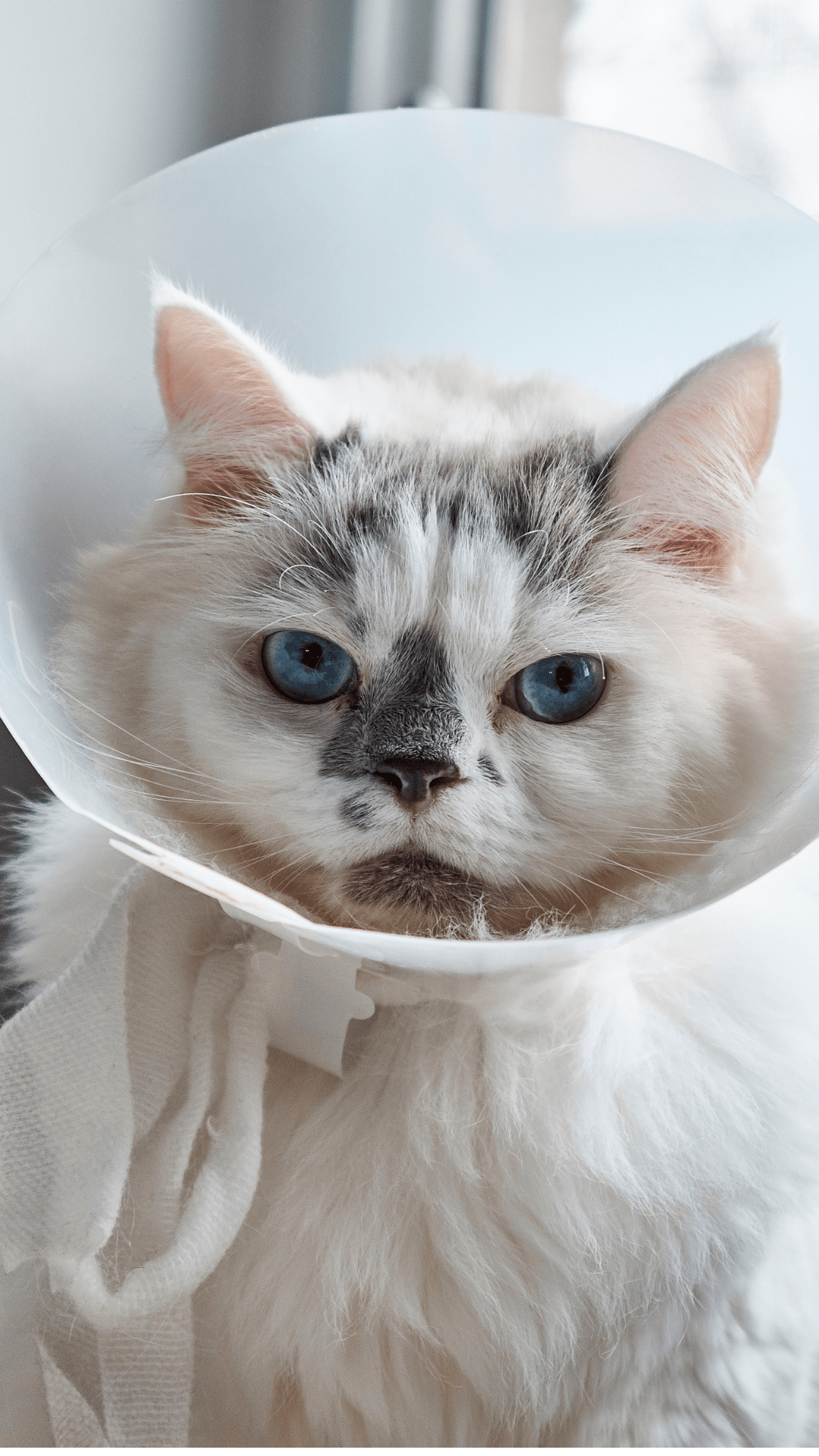
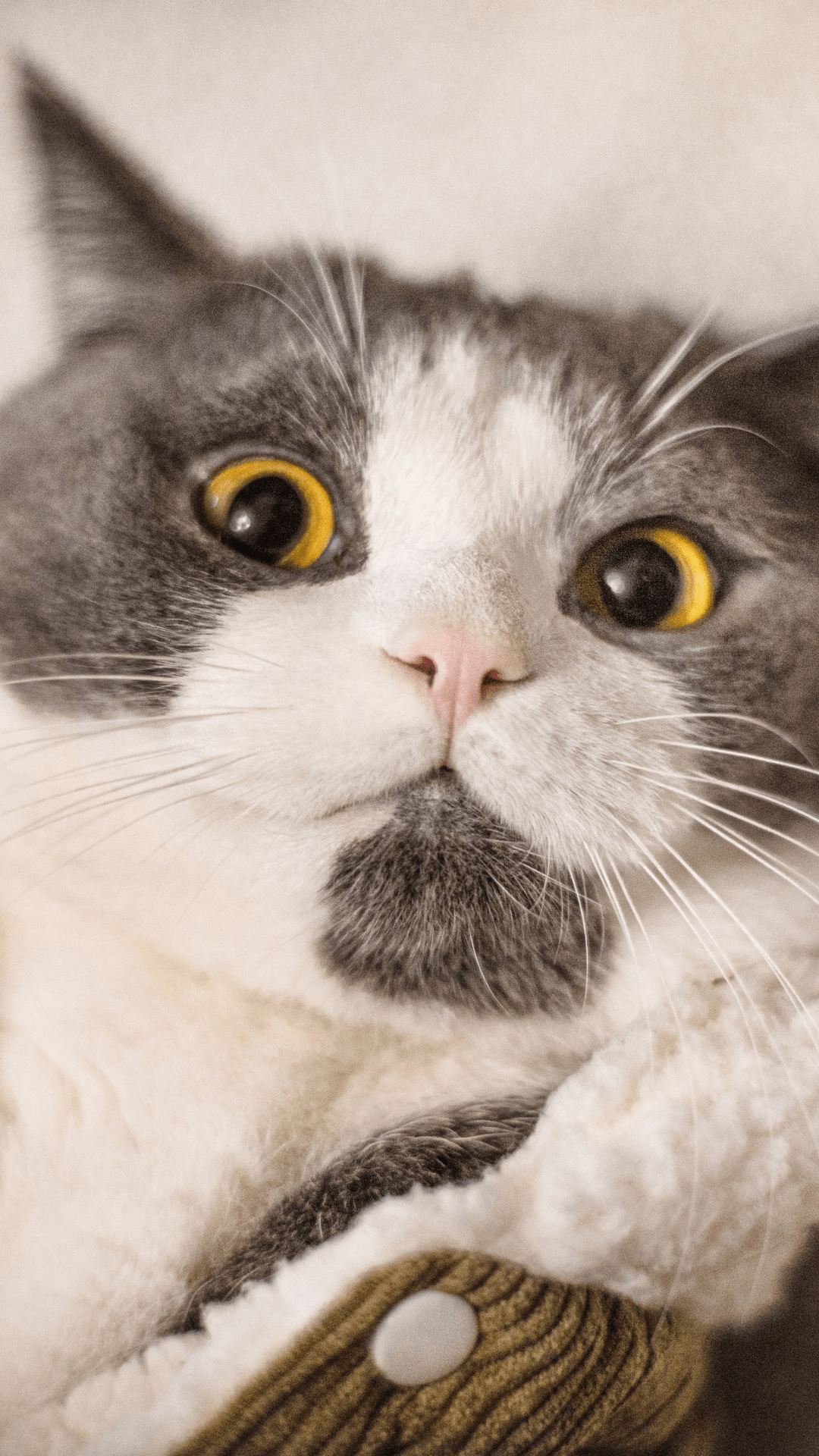

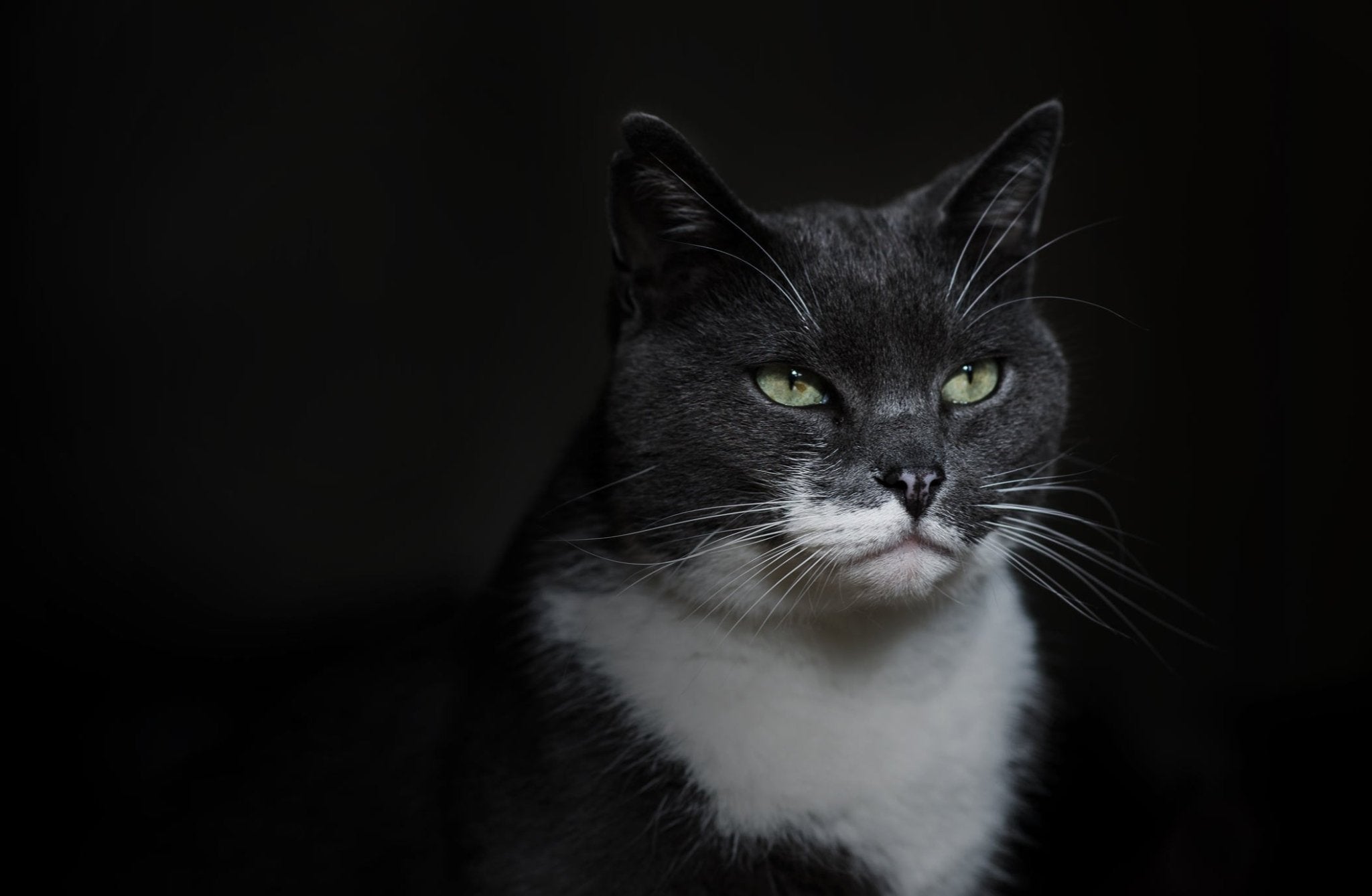


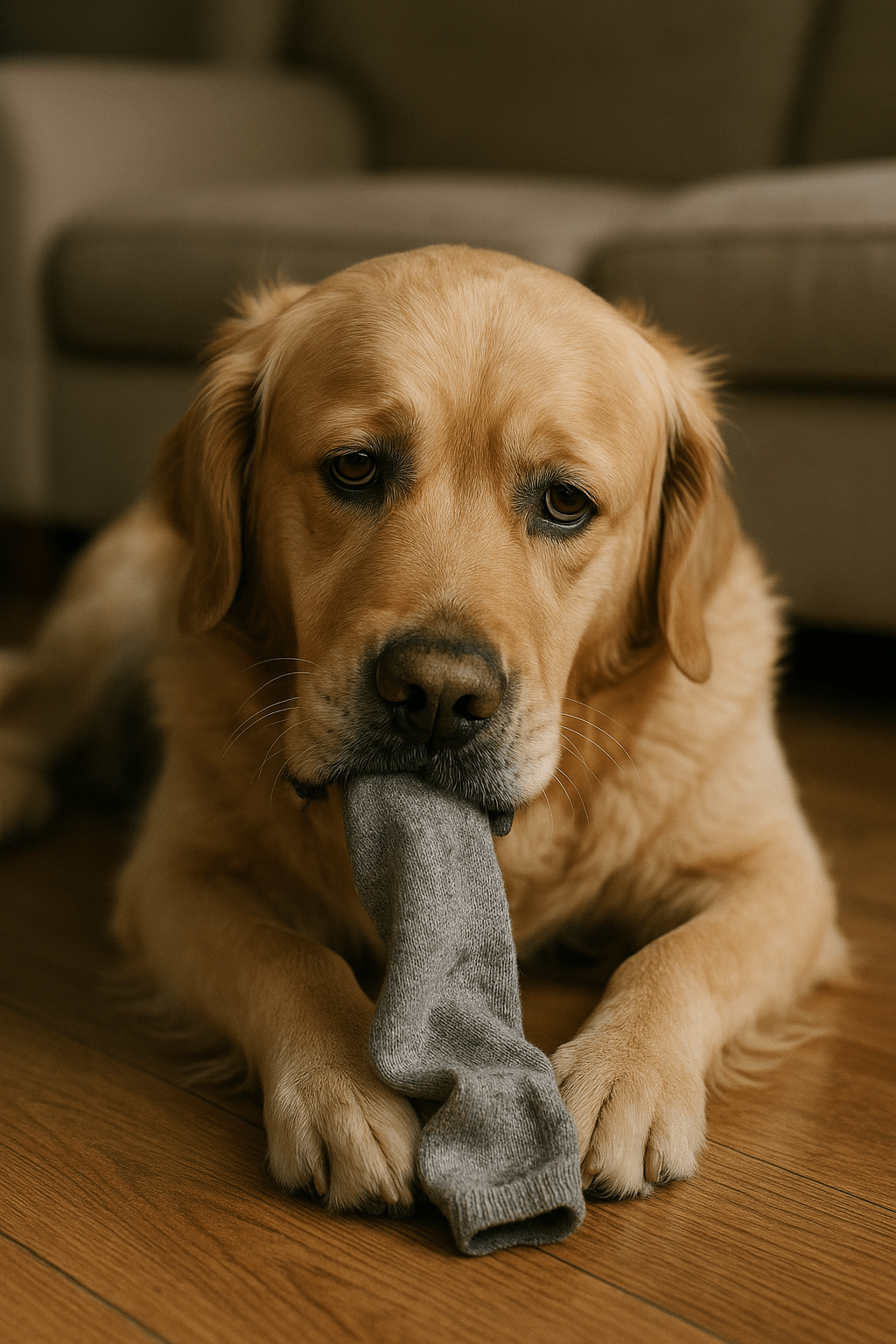

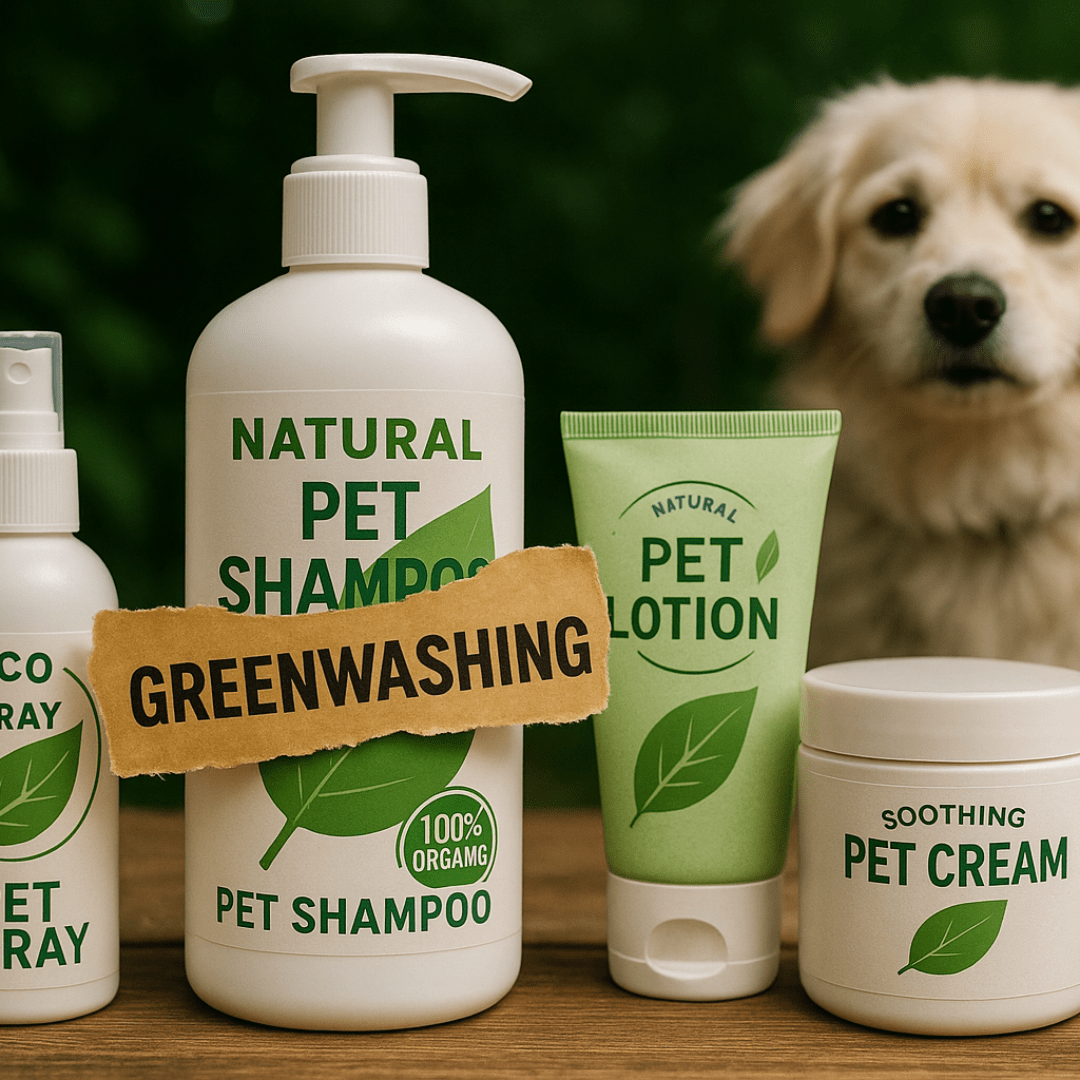
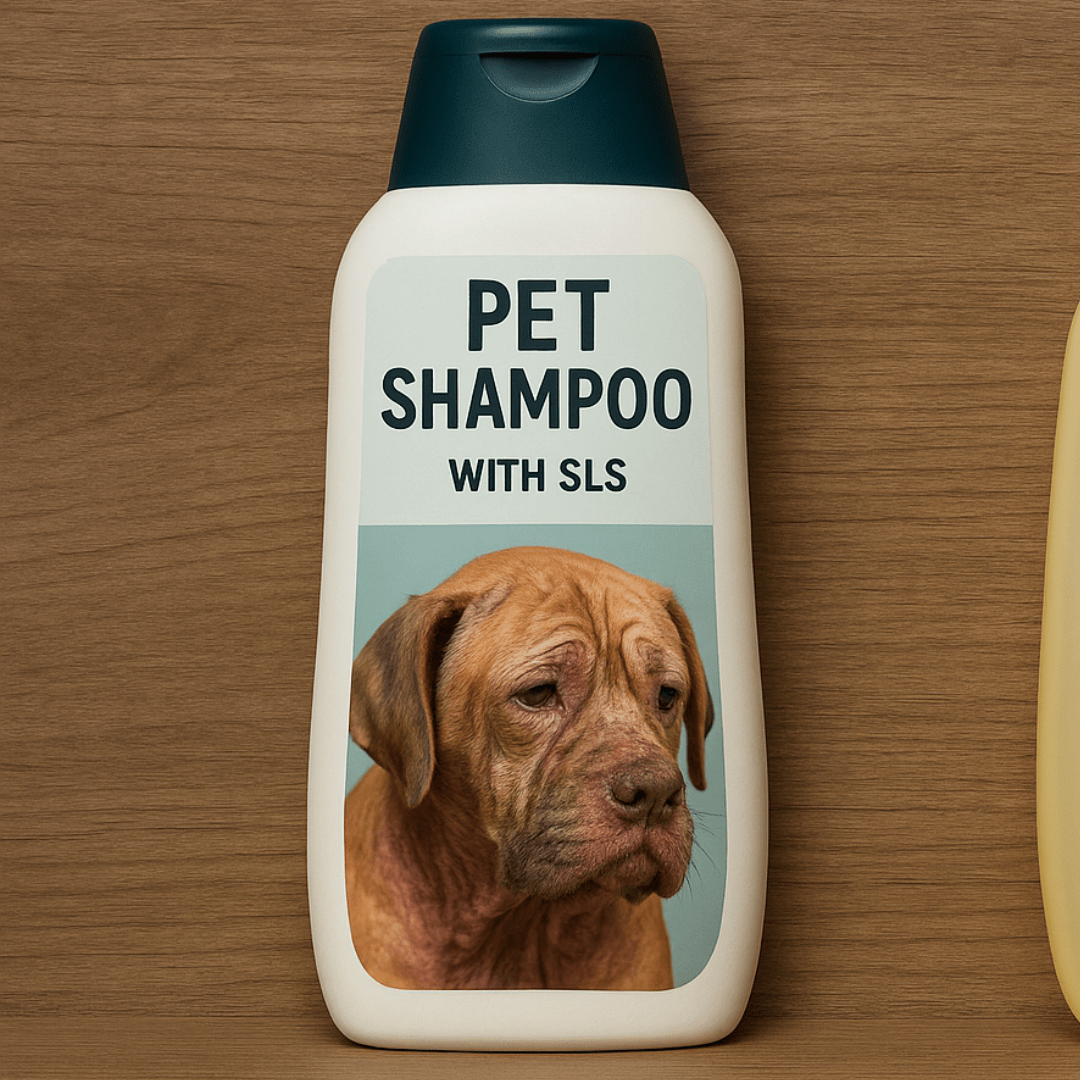


Share:
Is Dog Jumping On and Off the Bed Bad for Their Joints? The Risks, Evidence, and Alternatives
Why Do Cats Turn Before Lying Down? | Understanding This Fascinating Behaviour